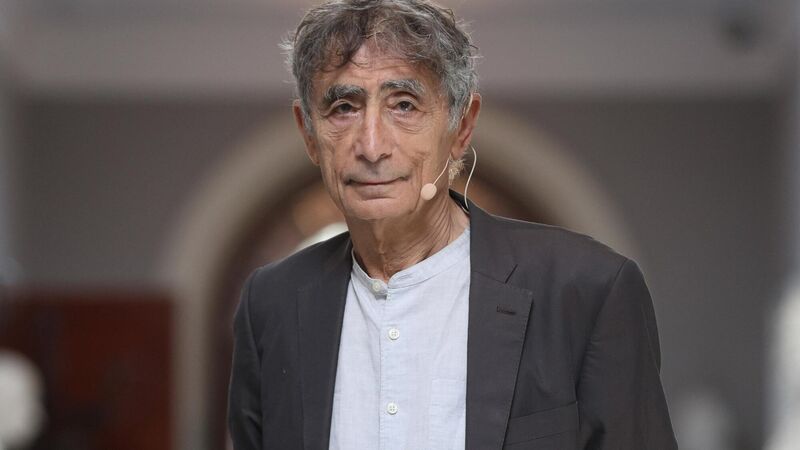Colman Noctor: The long reach of trauma in our lives

Dr Gabor Maté, world-renowned Trauma and Mental Health Expert and New York Times bestselling Author. Photograph: Sasko Lazarov / Photocall Ireland
I was one of the lucky people who attended Gabor Maté's workshop at the RDS last week. For anyone who doesn’t know, Maté is an internationally renowned physician who has spent years developing his expertise in trauma, addiction, stress, and the body-mind connection. While much of his work relates to adults, he has extensively explored the impact of childhood trauma on health and behaviour, which he believes can stay with us for a lifetime.
Maté was born to a Jewish family in Budapest, Hungary, in 1944. His maternal grandparents were killed in Auschwitz. When he was one year old, his mother put him in the care of a stranger for more than five weeks to save his life. He says the trauma of the abandonment continued into his adult life. Maté immigrated to Canada and gained an MD in general family practice in 1977. Over the subsequent years, he developed an interest in childhood trauma and the body-mind connection, linking trauma to the manifestation of adult physical illness









